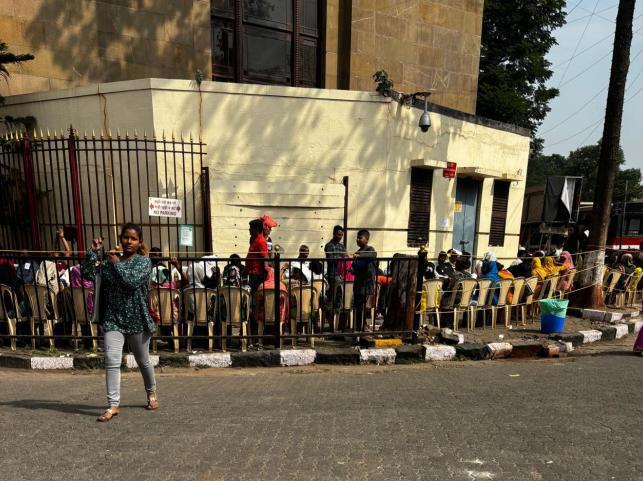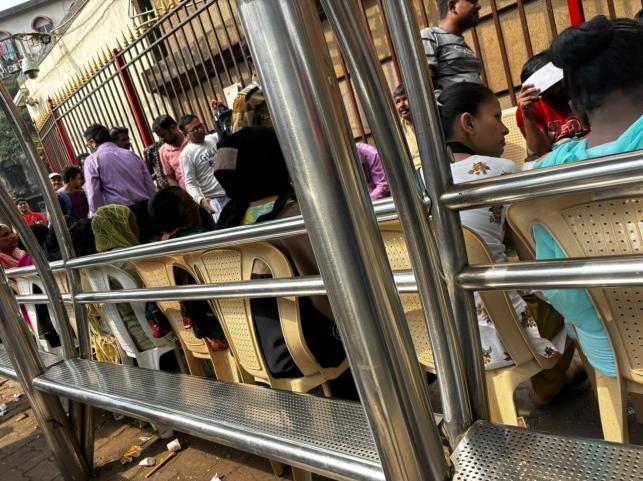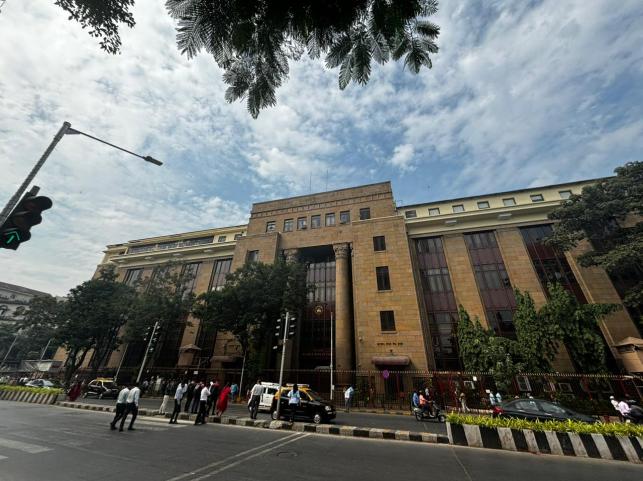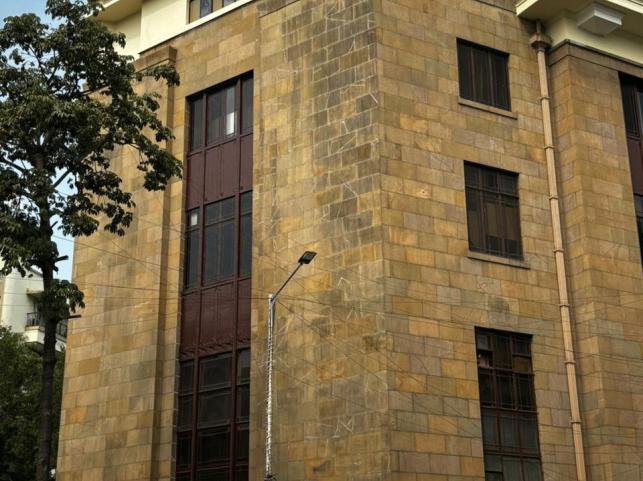Rs 2000 trade off at RBI is a money spinner for many
By Snehal Mutha | Published: December 21, 2023 04:06 PM2023-12-21T16:06:18+5:302023-12-21T16:54:42+5:30
If you stand for more than a minute around the Reserve Bank of India (RBI) building on Shahid Bhagat ...
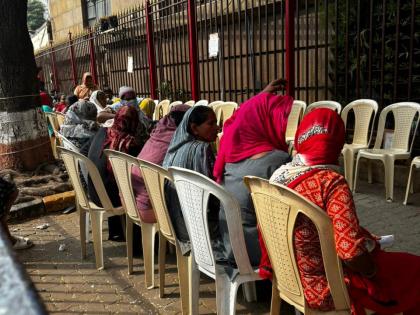
Rs 2000 trade off at RBI is a money spinner for many
If you stand for more than a minute around the Reserve Bank of India (RBI) building on Shahid Bhagat Singh Road, Mumbai, a person will approach and ask 'Kitana karana hai'. By this he means how many currency notes of 2000 you want to exchange. In return, he will offer lower denomination currency notes, the only catch is commission. People are waiting in line to exchange their Rs 2000 notes outside RBI, but few are proxies with someone else's money. They are doing this for a small fee for individuals who can't declare cash to the government or want to exchange money quickly. They have become the agent providing services, declaring money under their name and in return, earning a commission. Repeat the process every 15 days. The agent first pays the cash to the concerned person in Rs 500 notes and takes Rs 2000 notes in return. Later, they queue from as early as 5 am and wait for an exchange from the RBI. Basically, they are converting black money into white, making RBI's entire strategy useless.
The RBI announced 30 September 2023 as the last date to deposit or exchange the 2000 currency notes. After the deadline, banks refused to accept notes, and individuals started lining up at RBI for low-denomination currency. However, by now, the queue should have reduced but people are still flocking outside RBI for the money. "Madam don't worry, I will get your money exchanged without you having to wait in line. Only it will cost you 250 Rs per note," said an agent hovering outside the queue beside the RBI building. While discussing the rates with different agents, the current commission for exchange varies between 250 to 300 Rs i.e. 2750 Rs fee on average for Rs. 20000. People hiring these agents had cash over Rs. 2 lakhs.
On 19 May, RBI decided to phase out the Rs 2,000 note, introduced in 2016 after the demonetisation move. The move was to combat corruption, but it has just created a new system helping corrupt people. Despite RBI's strict verification process, people have found a way to induce black money back into the system. RBI guidelines mention a person can exchange up to 10 notes at one time. For verification, a person requires an Aadhar Card, PAN card, and bank cheque book or passbook, then only the money is exchanged.The question is why RBI is unable to figure out the pattern or identify people making these transactions out of nowhere. If they know it, what are they doing about it?
Agents are openly approaching, calling people while waiting in line, and asking whether they want to exchange notes. If a bunch of guards has been managing the lines, how can these activities go unwatched?On being asked whether this is illegal, An agent who wished to be unnamed said, "Everyone knows, a few of RBI staff also approach us to exchange money for someone they know, take commission too, and we get kharcha pani (small fee)." While speaking to different agents, including a woman, it seems entire families are involved in this. They also expressed that in case of more notes, we can get more people to exchange them.
Read More | Black money provides pink employment
Open in app